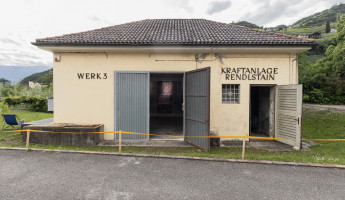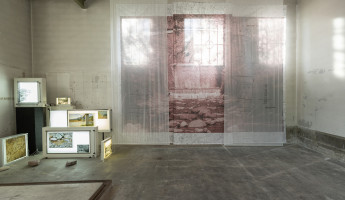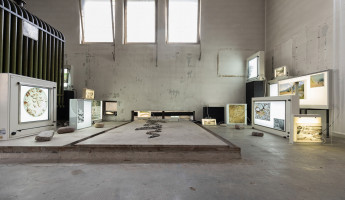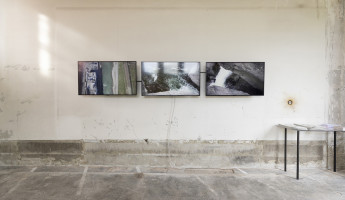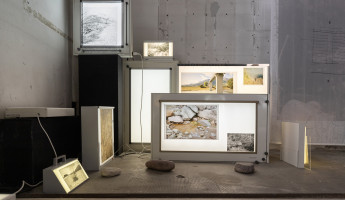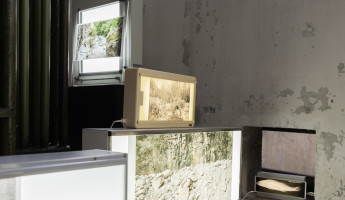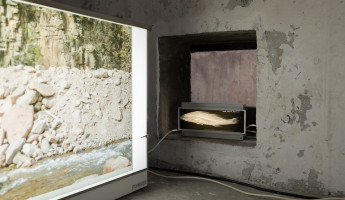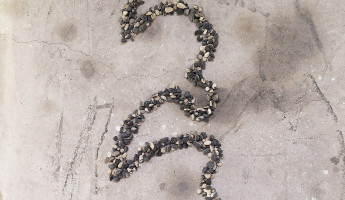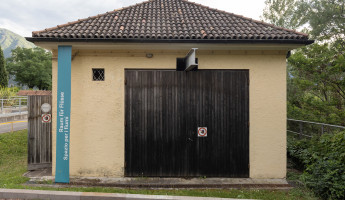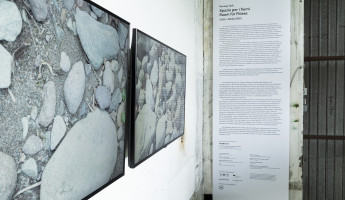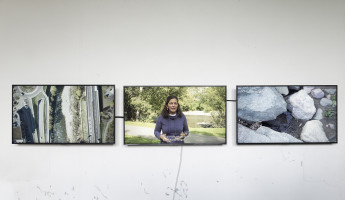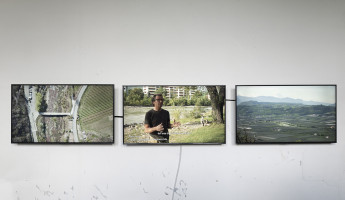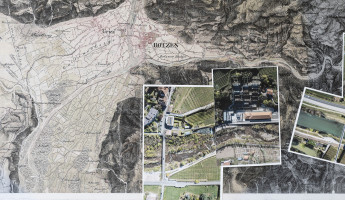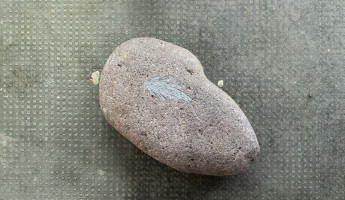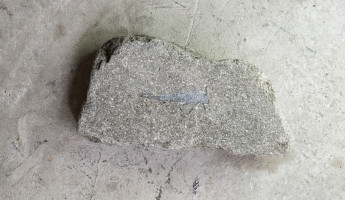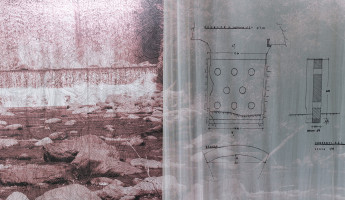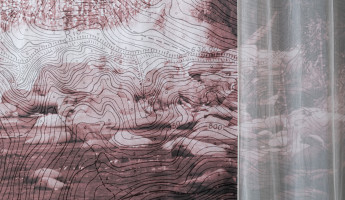Herwig Turk – Space for Rivers
Exhibition, Flux Project Lungomare, Bolzano, 2023
intro
Herwig Turk – Space for Rivers
As part of FLUX – River interventions and explorations, Lungomare invited the Austrian artist Herwig Turk to artistically explore the river landscapes of Bolzano. In 2022 Herwig Turk has been researching and documenting the surroundings photographically and cinematically, conducting conversations with scientists and historians and thus documenting the river landscape as a complex system that is in constant flux.The results of his interdisciplinary work formed the basis for the exhibition Space for Rivers in the former hydroelectric power station Rendlstain in 2023.
Curation
Angelika Burtscher, Daniele Lupo
videos
Rivers of Bolzano
Documentation Space for Rivers
Documantation of the exhibition Space for Rivers in the former hydroelectric power station Rendlstain in 2023.
text
As part of FLUX – River interventions and explorations, Lungomare invited the Austrian artist Herwig Turk to artistically explore the river landscapes of Bolzano. In 2022 Herwig Turk has been researching and documenting the surroundings photographically and cinematically, conducting conversations with scientists and historians and thus documenting the river landscape as a complex system that is in constant flux.The results of his interdisciplinary work formed the basis for the exhibition Space for Rivers in the former hydroelectric power station Rendlstain in 2023.
Following his extensive work on the Tagliamento in Friuli and the Danube in Vienna, Herwig Turk was invited to develop a project on Bolzano’s rivers with the transdisciplinary and documentary gaze typical of his practice – nourished by meetings and in-depth studies involving biologists, historians, scientists, biomedical experts and water ecologists. Thanks to the research that these experts have provided, to their texts and images, and to the relationship that the artist has created with them, these other forms of knowledge have fostered a true co-production of the work and exhibition.
What takes shape is the image of a dynamic ecosystem of rivers regulating many lives, the cycles connected to the water table flowing underground to streams, the air and humidity moving twenty metres above the water level, the interaction with the surrounding areas, the plants, the sand and gravel banks, and the organic matter deposited there. In the exhibition, the installation retraces this research made up of crossings, explorations, documentations, interviews, recordings, in close relation to the space. A stratification of fragments and materials enter into dialogue with each other, mixing times, data, and visions, and going on to construct an image made up of memory and projection, an “other” landscape, suspended and always in progress. It thus becomes clear that the life, or rather, the many lives that inhabit the river have been intertwined over the centuries with the actions of human beings, with fences, regulations and deviations that over time have led people to lose their relationship with the city’s rivers. It is also in response to this that the artist claims a space for the rivers is necessary – to recognise their status and legal capacity within an inclusive socio-environmental order.
At the same time, Space for Rivers is a project in which the role of art is also called into play as a field of inquiry through which hidden discourses can be made visible. In this sense, the ex-hydroelectric power station Rendlstain chosen for the installation is also part of a proposition to reflect on a significant, though almost ‘invisible’ place with multiple and complex references to the social and industrial history of the city.
The exhibition was accompanied by a public program consisting of exhibition tours with the artist as well as three river explorations with experts, which invited people to take new perspectives on the river landscapes and to get to the bottom of their complex interrelations.
The Experts
Roberta Bottarin (Biologist, vice-director Eurac)
Peter Hecher (Biologist, Agentur für Bevölkerungsschutz)
Hannes Obermair (Historian, Eurac)
Gianluca Rigobello (Fisher)
Stefan Zerbe (Water ecologist, Professor in the faculty of Agricultural, Environmental and Food Sciences, Unibz)
